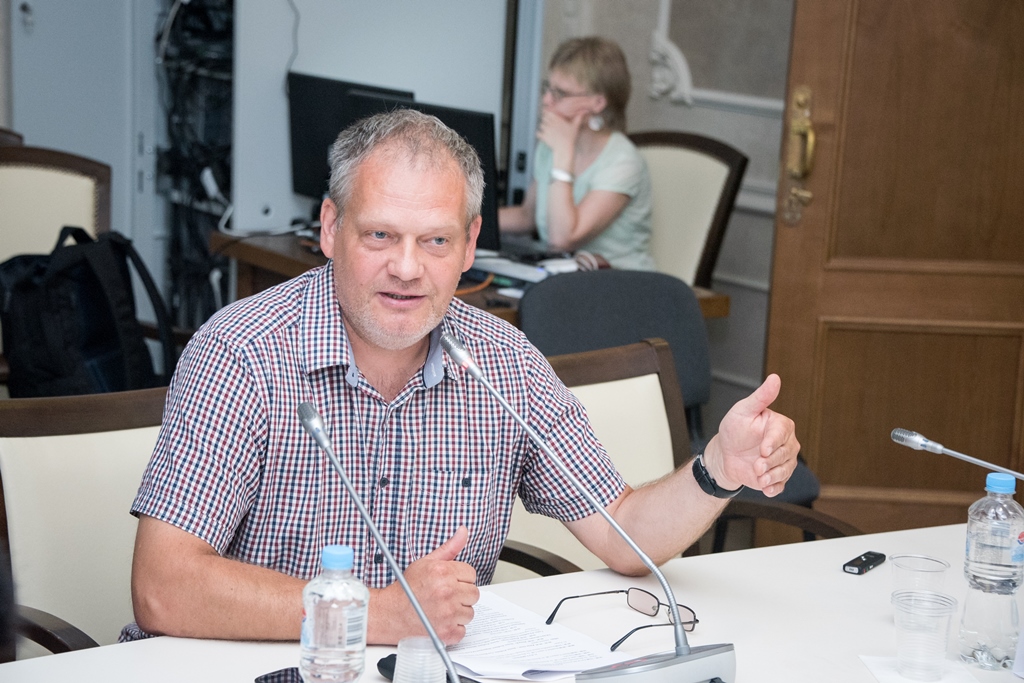The World Meteorological Organization (WMO) has published a report according to which the concentration of carbon dioxide in the Earth's atmosphere has reached its highest value for the last 800,000 years. According to experts, the current level of CO² is comparable to that observed 3-5 million years ago, when the Greenland and West Antarctic iceshields melted on Earth. Sergey Kirpotin, head of the Centre of Excellence Bio-Clim-Land, Doctor of Biological Sciences, expressed his opinion about the causes and possible consequences of such serious changes.
- The change in the concentration of CO² in nature has occurred before, but the growth rates that are being fixed now indicate the influence of the anthropogenic factor, - says the scientist. - Look at the figures given in the WMO report: in 2016 the average concentration of carbon dioxide is almost twice the level of CO² in the pre-industrial period (in 1750). Today, humankind sets horrific records and, in fact, pushes itself into a corner. The climate system of the planet is being rebuilt, and it will not be good for anyone.
As Sergey Kirpotin points out, already now in many regions of Russia and elsewhere on the planet, extreme natural events are registered - drought, fires, floods, and also new weather phenomena for these territories. For example, tornadoes, which have never been observed in Siberia, now occur in Altai, Omsk, and other areas. All this leads to human and big financial losses.

- The WMO report notes that in 2016, the increase in CO² concentration in the atmosphere set a new record, - says the director of the Bio-Clim-Land Centre. - In part, UN experts explain this by strong droughts in tropical regions, which have reduced the ability of tropical forests to absorb carbon dioxide. In nature, everything is interconnected, and if the load on the atmosphere is not reduced, we will get the effect of a closed circuit - some changes will provoke others, much more heavily. Then humanity will know what climate migrants are, who do not have enough food and have nowhere to live. This will be a much more acute situation than what we are seeing now with refugees in Europe. We need to take measures and cardinal solutions today, otherwise, the next generation will not live, and survive.
Now this problem is being discussed at the interdisciplinary scientific and practical seminar of the international research network SecNet (created under the aegis of TSU), which was opened in Salekhard. The forum, organized jointly with the administration of Yamal-Nenets Autonomous District, is devoted to the topic “Siberia in a Global Context. Winter Weather and Climatic Extremes: Interaction in Prediction and Adaptation”. The seminar discusses the results of recent studies of environmental changes, the purpose of which is to understand the mechanisms of the changes that are taking place and to find tools to contain them.
